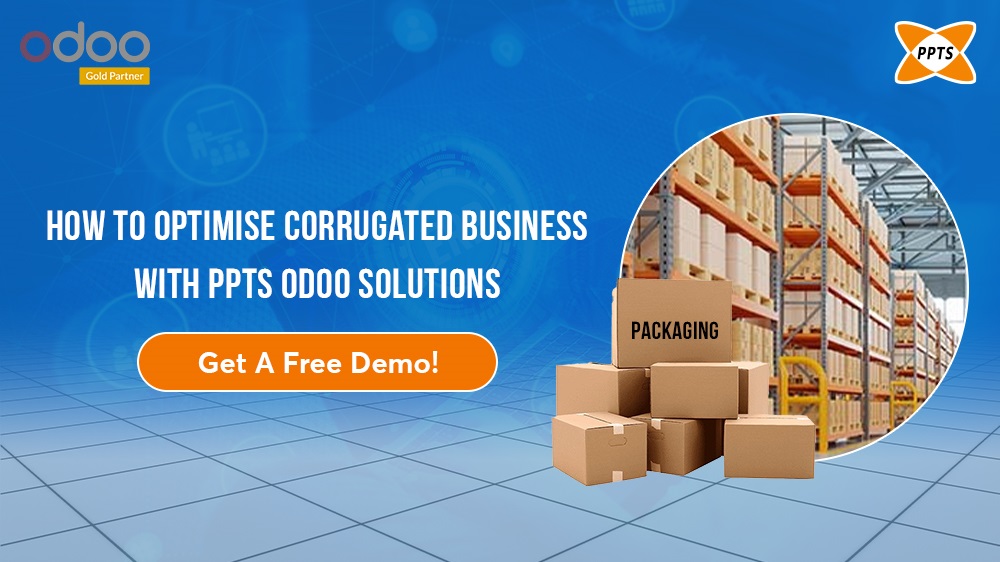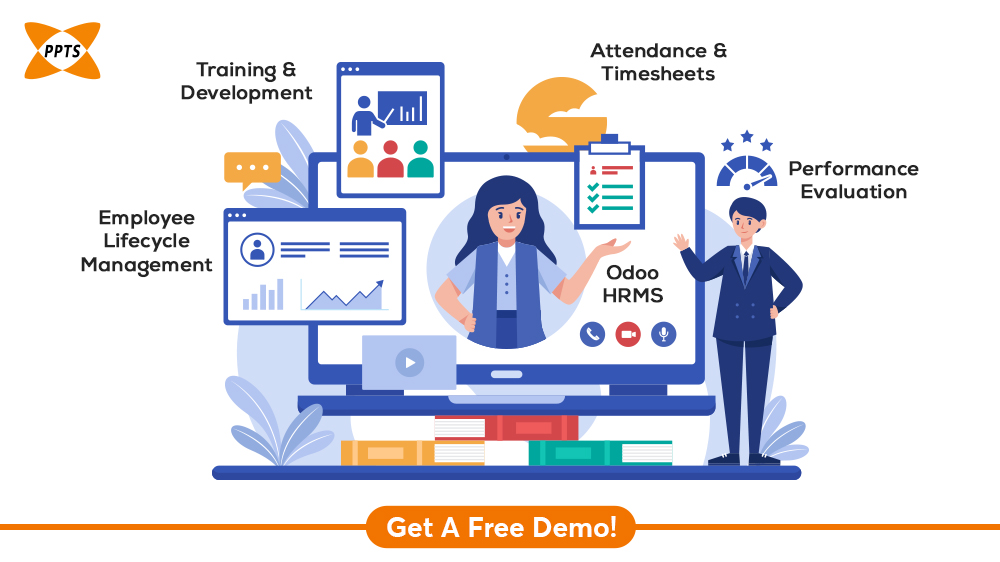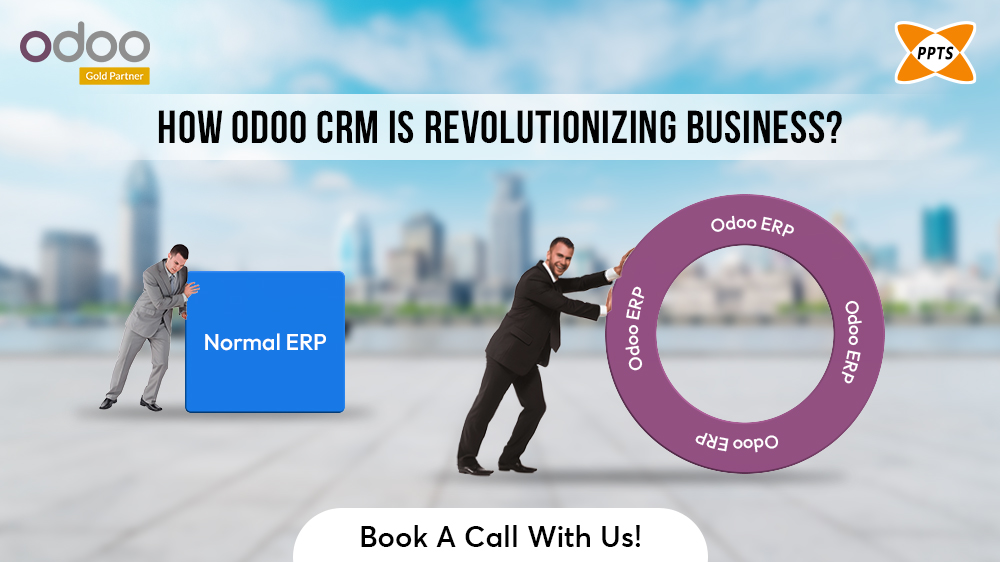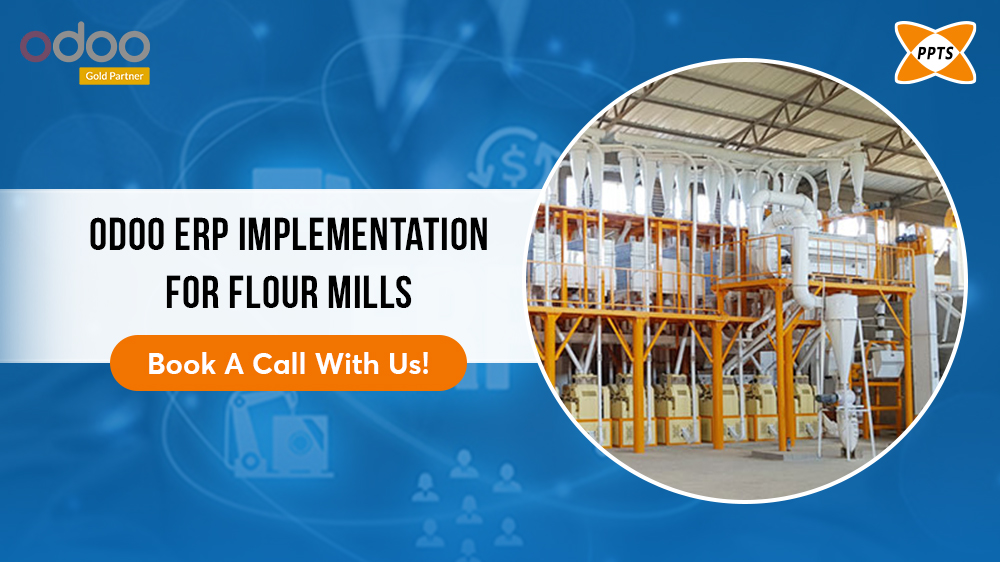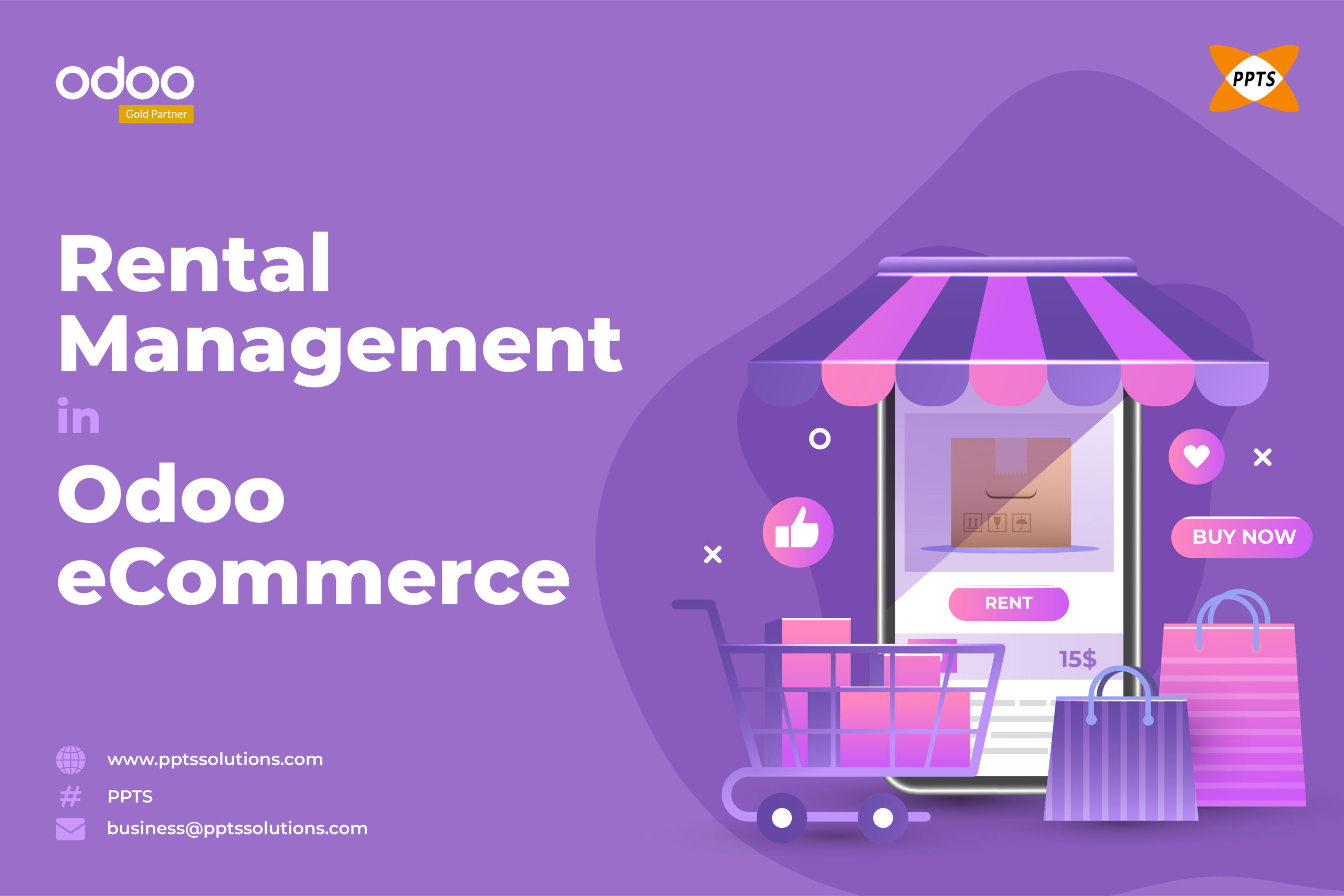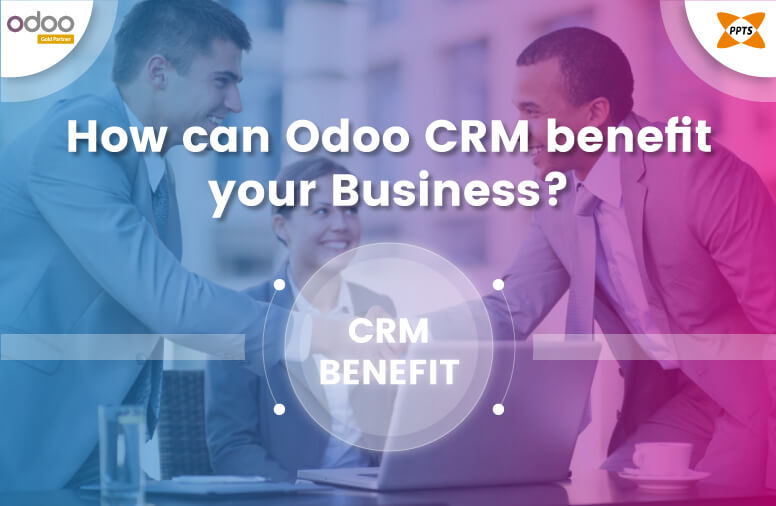Many business owners seem to think that funding from investors is what they need to master the business operations. Well, It’s true, but it’s also not enough.
The corrugated packaging industry is projected to reach USD 80.8 billion by 2026, growing at a CAGR of 3.6% (MarketsandMarkets). This growth is driven by increasing demand for e-commerce packaging, rising disposable incomes, and several other factors.
However, with this rapid expansion comes the need for significant operational upgrades and effective workforce management. Moreover, maintaining high levels of customer satisfaction remains critical to staying competitive in this fast-paced environment.
But, Is your business operations capable of handling all these manually?
Are your current systems capable of meeting the growing expectations for speed, customization, and sustainability?
Let’s understand the importance of efficient operational systems in the corrugated industry in detail.
Overview of Corrugated Industry:
470 million – that’s the estimated number of online shoppers in India in 2023 (Euromonitor International).
Now, imagine receiving a package where the packaging style leaves you dissatisfied. Instantly, your trust in the marketplace is questioned, and they risk losing your business.
What’s to blame? Often, it’s the corrugated packaging.
Whether due to poor raw material sourcing or substandard packaging design, the impact of inadequate packaging extends far beyond just aesthetics.
It can damage a brand’s reputation and bottom line.
Now, at all times, first impressions matter more than ever, corrugated packaging plays a pivotal role in ensuring customer satisfaction and brand loyalty.
Understanding Business Workflow in Corrugated Industry:
The Corrugated Packaging encompasses multiple processes, starting from procurement of raw material to manufacturing, printing and distribution. This may seem simpler, but there are several operational workflow challenges, making it essential for proper systems.
List of Workflows:
- Raw Material Procurement: The primary material used is kraft paper, which is derived from wood pulp. Sourcing high-quality raw materials at competitive prices is essential for maintaining the integrity and cost-efficiency of the production process.
- Manufacturing Process:
Corrugating: This involves combining linerboard with a corrugated medium (fluted paper) to create the corrugated sheet.
Cutting and Shaping: Once the corrugated sheets are produced, they are cut into the required dimensions, shapes, and folds, which involves die-cutting and slotting processes.
Assembly: The pieces are assembled to form boxes or other packaging structures.
- Customization and Printing: Many customers require custom branding, labels, or product information printed directly onto the packaging. Flexographic printing is the most common method used here.
- Quality Control: Testing for durability, strength, and consistency at various stages of production is vital to ensure that packaging meets industry standards.
- Distribution and Logistics: Packaging needs to be delivered in a timely manner to meet customer demands. This requires efficient inventory management, scheduling, and transportation.
Some Common Challenges in the Corrugated Industry:
Challenges are inevitable in all the industries, but owners in the industry face more problems in their daily operations. They find it difficult to do everything manually without the use of technology and some of the common problems are:
- Supply Chain Disruptions: Fluctuations in the availability of raw materials, rising costs, and transportation bottlenecks can impact the production process.
- Inefficient Inventory Management: Overproduction or underproduction of packaging materials due to poor forecasting or demand management can lead to excess stock or delays.
- Customization Complexity: Handling custom orders (different sizes, designs, printing requirements) can add complexity to the manufacturing process, often leading to bottlenecks.
- Waste Management: Corrugated manufacturing generates waste, and without a proper recycling system, it leads to inefficiencies and increased costs.
- Quality Control Issues: Inconsistency in production quality can cause customer dissatisfaction, product returns, or damage to goods during transit.
- Regulatory Compliance: Compliance with environmental regulations and maintaining sustainability standards adds additional layers of complexity to operations.
Some of the problems are in control with manual efficient operations but most of the other problems can be reduced with the use of technology in their workflow on a daily basis.
Functional Systems role in reducing Problems in Corrugated Industry:
Development of technology doesn’t make you lose your job, but without upgradation it’s hard to be in this competitive industry.
Inclusion of systems is mandatory in the upcoming decade to be in a good position, let’s understand its functional efficiencies.
ERP Systems for Process Automation and Optimization:
- Streamlined Operations: An Enterprise Resource Planning (ERP) system can automate and integrate the various functions, including procurement, manufacturing, and distribution, ensuring seamless communication between departments.
- Inventory Management: ERP systems enable real-time monitoring of inventory levels, predicting when new materials need to be ordered, reducing overstocking or stockouts.
- Demand Forecasting: Using past data, ERPs can help predict future demand, allowing manufacturers to optimise production schedules and reduce waste.
- Customization Handling: The system can manage custom orders more effectively, tracking specifications and managing printing requirements, reducing errors and delays.
Most of the common problems are managed with ERP systems in this Industry and yet choosing the best ERP in place holds the major concern for business owners.
How Does PPTS CBS Automate Operational Processes Effectively?
PPTS CBS enables companies to efficiently manage and track critical processes such as production planning, inventory management, sales and customer relationship management, finance and accounting, and supply chain management. Some of the advantages of the system are as follows,
- Controlled product management
- Automated board grade management
- Automated & smart BOM (Bill of Materials) routing for WIP (Work in Progress) and FG (Finished Goods) products
- Combination matrix based on variants for quick view of on-hand quantities
- Ideal support for trim optimization
- Seamless delivery process
- Multi-level quality controls
- Batch management
- Machine & production routing customization
- Logistics routing
- Integration with other systems.
By leveraging PPTS CBS, corrugated packaging manufacturers can enhance productivity, improve operational efficiency, reduce costs, and make more informed business decisions based on real-time data and analytics.

How is PPTS CBS Different from Other CBS Solutions?
We have a lot of ERP solutions in the market and many more ERP service providers out there, but how much they are able to help solve your problems is crucial in choosing them. Let’s understand why we are the best service provider from others
- Customization and Flexibility
PPTS CBS offers extensive customization tailored to the unique needs of corrugated packaging manufacturers, allowing for modifications in production processes, machine routing, and workflows.
Other CBS solutions often offer limited flexibility, typically relying on predefined templates that may not accommodate specific business needs.
2.Automation of Key Processes
PPTS CBS focuses on automating critical areas such as board grade management, smart BOM routing, and production tracking, significantly reducing manual work.
Other CBS solutions may offer automation, but often lack specialised features for industry-specific processes like trim optimization and variant-based product management.
3.Real-time Data and Analytics
PPTS CBS provides real-time data and analytics tailored for corrugated packaging manufacturers, enabling better decision-making.
Other CBS solutions may offer more generic analytics that require additional customization to gain actionable insights relevant to the packaging industry.
4.Odoo ERP Integration
PPTS CBS integrates seamlessly with Odoo ERP, providing an all-in-one solution that covers finance, CRM, HR, and more. This modularity and scalability enable businesses to expand easily.
Other CBS solutions may be stand-alone and require complex integrations with external ERP systems, limiting scalability and ease of use.
5.Industry-Specific Features
PPTS CBS is specifically designed for the corrugated packaging industry, with features such as machine routing customization, multi-level quality controls, and batch management.
Other CBS solutions, though functional, may not be as fine-tuned to the specific needs of packaging manufacturers.
6.Mobile and Third-Party Integration
PPTS CBS supports mobile apps and third-party integrations, allowing businesses to manage operations on the go and easily connect with logistics or e-commerce platforms.
Other CBS solutions may have limited support for mobile access and third-party integration, reducing their operational flexibility.
7.Scalability and Support
PPTS CBS offers excellent scalability, backed by the robust support of Odoo’s ecosystem, ensuring seamless growth and adaptation.
Other CBS solutions may lack this scalability or the same level of support, limiting their effectiveness for long-term business expansion.
PPTS is unique from other services providers in all the ways, we deliver exceptional customer services too. To know more information on our CBS, book a call with our experts.
Conclusion – Benefits of implementing PPTS CBS System:
The corrugated packaging industry is expanding with the rise of e-commerce, but it also faces operational challenges like customization, supply chain issues, and quality control. Manual processes can’t keep up, leading to errors and inefficiencies.
By implementing the PPTS CBS system, businesses can automate tasks, optimise resources, and improve accuracy.
This ensures companies can meet market demands, reduce errors, and enhance customer satisfaction, staying competitive in a fast-growing industry.
If you have any doubts or you need more clarity on this, book a call with our experts.

